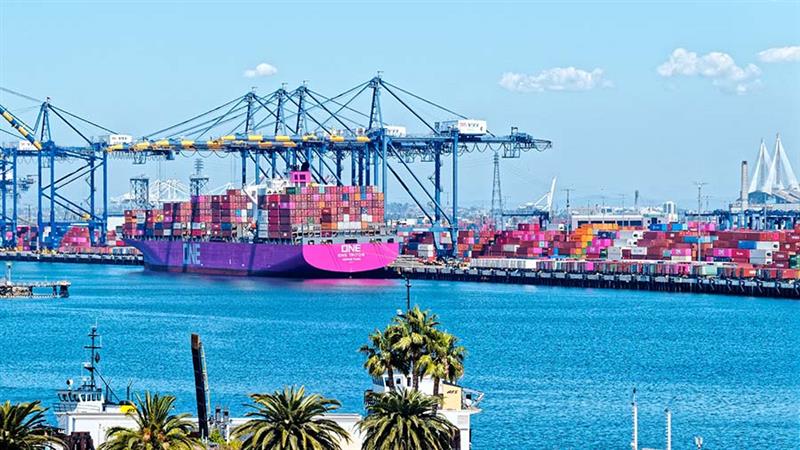Pursuing Employee Claims in China
By Maarten Roos
Sept. 20 – As China evolves to the next phase of its development, authorities have taken steps to ensure that employee rights are accounted for under the tenets of the labor law. Companies are advised to take care in ensuring that hiring and firing decisions comply with signed agreements and the law to avoid unnecessary legal disputes.
In a recent case, a German-invested company in Shanghai terminated the employment agreement with one of their managers, but then failed to pay compensation as agreed in the termination agreement. Settlement negotiations failed, and so the manager had no choice but to turn to arbitration. He claimed for compensation due under the termination agreement as well as compensation due for respecting the non-competition obligation in the employment contract.
Employment claims are normally filed with the local arbitration tribunal first; the filing costs are low, and an award is usually rendered within several months. However, the award is suspended if one of the parties files an appeal in court, and the first court judgment can be appealed again in a higher court. Considering the time needed to arbitrate and litigate such a case, and the corresponding lawyer fees which cannot be recouped from the opponent, claims for small amounts are often not worth pursuing unless the evidence is very strong.
In this case, the manager was smart to keep original copies of the employment contract, the termination agreement, and his individual income tax receipts. As the former employer had sufficient assets in China, the risk that an enforceable award or judgment would not be enforced was low. We thus agreed to take on this case against a limited fee arrangement.
The arbitration award sided almost completely with us, but the company still filed an appeal with the court to delay payment, and then tried to negotiate a favorable settlement. Finally to save time and further costs, the manager agreed to a court-arranged settlement against a small discount on the initial award.
Some important lessons that can be drawn from this case:
- A key to successful arbitration and/or litigation in China for employment disputes, but also for other kinds of disputes, is evidence. If the case is very clear, your chances of winning will be good. Issues like local protectionism and difficulties in enforcement may still have to be considered, but without evidence you cannot hope to win. Whether as an employer or employee, it is therefore extremely important to keep original documentation as evidence to support your legal position.
- In employment disputes in particular, the sums in dispute are often relatively small, but they are still worth pursuing if the evidence is strong and easy to prepare, and the chance of winning is good. The rule is that the easier the case, the less time your lawyer will have to spend, and the more you will be able to recover.
- Sometimes the objective of hiring a lawyer, and having him send a demand letter or even filing a claim, is to get the opponent to take note and, preferably, to push it to agree to a quick settlement. Many cases that are filed in arbitration and litigation are finally settled under pressure from the arbitrator or judge.
Maarten Roos is the managing director at R&P China Lawyers, a Chinese law firm that supports international businesses to resolve corporate, commercial, intellectual property, employment and government disputes in China. The firm draws on negotiation, mediation, litigation and arbitration to obtain effective and practical solutions to Chinese legal challenges. R&P China Lawyers is a partner firm to Dezan Shira & Associates.
- Previous Article EU, WTO Investigations Cool China’s Trade Relations with West
- Next Article China Facing Competition as Tigers of Opportunity Arrive



























